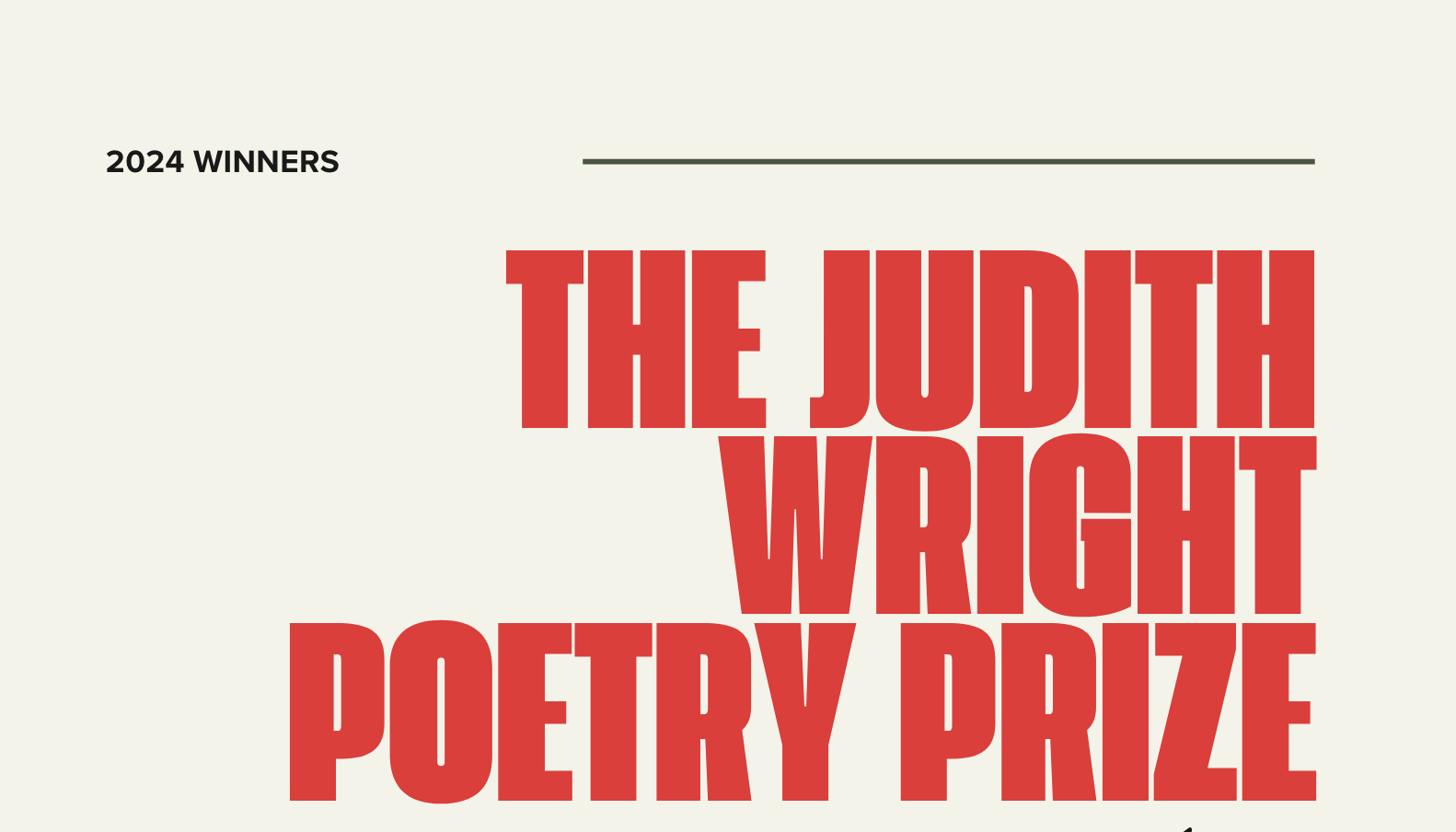‘Errors on page’
Andy Connor
‘Threnody’
Liam Ferney
‘Dinner party’
Laura Jean McKay
‘Vague, or I Can’t Explain It Any Other Way’
Toby Fitch
Before it had even arrived, we were reckoning with the concept of the internet in quasi-geospatial terms. In English we called it cyberspace (coined by William Gibson in 1982); we started talking about domains (the first was registered in 1985) and sites; by the time the general user came online, we were navigating to various addresses, even calling certain of those addresses home.
The shapeless and seemingly infinite possibilities of the internet were described in the somewhat limited terms of our material world, and for many years this paradigm defined the online experience – information to be ‘located’ in ‘places’ we could ‘visit’, and over time we locked ourselves into these mock-spatial data structures.1
It took the coining of the cloud to really start breaking down the organising structures that had formed around these habits of language. A cloud is vague, formless, nonetheless observable, yet still almost universally abstract.2 Post-cloud, we’re no longer travellers on an information superhighway, but a people subject to the barely visible movements of a pressure system more akin to weather than anything else.
The old-fashioned geospatial metaphors all too easily collapse: how could something as ineffable as a floating, shapeshifting, electric hive mind be like something as banal and supremely effable as real estate. And yet this is exactly the type of metaphor I want to stretch with this issue, while we still have it, before it disappears like a pale moon behind better-suited concepts like the cloud.
Because there’s a lawlessness online, and because there are cowboys, the idea of a digital frontier seems to be the one down-to-earth internet metaphor that just about functions. There’re rich veins of valuable data for mining, and many a wild speculator to stake their claim. It’s the Wild West, and good, well-meaning folk have been taken in by its promises, have filled their bindles with crypto-currency, and made like the clappers for that hazy, mirage-like land of opportunity. And boy is it hot out there – no wonder they put the servers under floes of ice.
So, here for your perusal are four tribulations from the digital frontier.
Andy Connor’s ‘Errors on page’ functions a little like a collage made up of vintage postcards from the first-abandoned outposts and leftover flags and banners from false starts at the fringes of a new nation of ideas. Liam Ferney’s ‘Threnody’ is written in the frontier’s emerging dialect – a new variety of English that concatenates its images and associations in a syntax that shifts as readily as the vowels of yesteryear. One could put on, in the drawing room of their mind, a short playlet of Laura Jean McKay’s ‘Dinner party’, as if it was a costume drama freshly mailed from the frontier. And Toby Fitch’s ‘Vague, or I Can’t Explain It Any Other Way’ brings news of news from afar from an outpost somewhere near the junction between the old world and its outgrowth.
It’s worth remembering, that on the other side of every frontier is the literature that holds it to account. If we can hang on to these unlikely metaphors, eventually we might be able to work out what was done and to whom, and what if anything at all it means to be here. Better be before that big, black cloud comes.
Sure looks like a big one rolling in.
- Geocities, for example (source of Andy Connor’s ‘Errors on page’), was a web-hosting service that organised pages by neighbourhood. Sites about entertainment were hosted in Hollywood; pages about computers/programming etc. were hosted in Silicon Valley, and so on. This system was later abandoned, and the service discontinued in 2009.
- The English word ‘cloud’, meaning an accumulation of water vapour in the sky, derives from the old English ‘clud’ or ‘clod’, meaning a hill or outcrop of rocks. This word was applied metaphorically to the phenomena we call clouds due to their visual similarity from about the thirteenth century, meaning the word we now use to describe abstract systems of data storage began its life as a much more concrete noun, drifted fittingly into the realms of abstraction, and is now entering its third incarnation.




